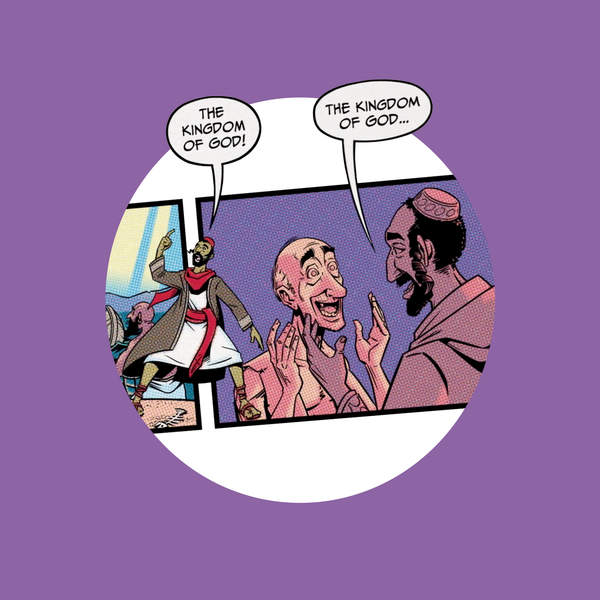
Poetry, Narrative, and Prose Discourse
Episode Chapters
Show Notes
This is part four of our How to Read the Bible series. Jon and Tim discuss the different literary styles used in the Bible. (It's not just a history book!) In the first part of the show (0-28:00), the guys go over an example of both poetry and narrative in the Bible, Exodus 14 and 15. It's the Exodus story told in both narrative style and then Hebrew poetry. In the second half of the show (28:00-End), Tim shares an example of prose discourse in one of Paul's epistles. Tim discusses how Paul's writing style was heavily influenced by philosophers like Seneca. This series is designed to accompany our video series on Youtube called "How to Read the Bible. You can view the accompanying video here: https://www.youtube.com/watch?v=oUXJ8Owes8E
Scripture References
Referenced Resources
- "Introduction to Poetry" by Billy Collins
- "Preaching and the Literary Forms of the Bible" by Thomas Long
-
- "Jabberwocky" by Lewis Carroll
Interested in learning more? Check out Tim's library for a list of recommended books and other resources.
Get the BibleProject app for access to our entire library of resources in one place.
Show Credits
Defender Instrumental by Rosasharn Music; Take It Easy by Beautiful Eulogy